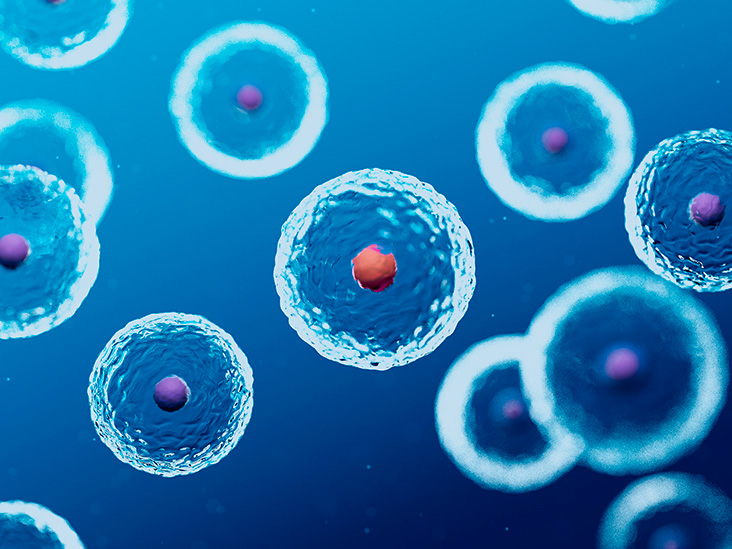New research has found a novel cell that can act as a warning sign of a rheumatoid arthritis flare-up.

Scientists have identified a previously unknown cell that is present in significant quantities in a person’s blood before they experience a flare-up of rheumatoid arthritis.
The findings appear in the New England Journal of Medicine. They could lead to better predictions of rheumatoid arthritis flare-ups, as well as possible therapies to target the causes of the condition.
According to the Centers for Disease Control and Prevention (CDC), rheumatoid arthritis is a type of autoimmune condition. In autoimmune conditions, a person’s immune system mistakenly attacks healthy cells. This causes inflammation.
In rheumatoid arthritis, this inflammation typically affects a person’s joints — particularly the wrists, hands, and knees. As well as painful swelling, rheumatoid arthritis can result in tissue damage and chronic pain, difficulties with balance, and joint irregularities.
Rheumatoid arthritis is characterized by periods during which the symptoms are minimal and periods during which they are more severe (flare-ups).
Predicting flare-ups is difficult, which can make managing the periods during which rheumatoid arthritis inhibits a person’s everyday functioning very challenging.
To better understand how and why flare-ups occur, the authors of the recent study looked into participants’ blood, instead of their joints.
The team has expertise in analyzing RNA, which is a type of messenger that carries instructions from a person’s DNA, to understand its connection with various conditions. Experts can analyze RNA using blood tests.
The researchers used a process called longitudinal RNA sequencing, which monitors changes in a person’s RNA over a long period of time. This allowed them

